News
NGO Signatories to Bangladesh Accord Welcome New Binding Worker Safety Agreement
Labor rights groups say “every brand that values workers’ lives” will sign the International Accord for Health and Safety in the Textile and Garment Industry Today, apparel brands and labor unions announced agreement on a new International Accord for Health and Safety in the Textile and Garment Industry, thereby preserving, extending, and expanding the model…
Bangladesh Accord expiration poses liability risk to apparel brands
An analysis of existing and upcoming human rights due diligence legislation in relation to the Accord on Fire and Building Safety in Bangladesh, published today, shows that apparel brands will expose themselves to considerable liability risks if they fail to negotiate and sign a follow up agreement to this ground-breaking safety program, which will expire…
Garment Workers Face Mounting Forced Labor Risks
1000+ Interviews Reveal Destructive Brand Practices Contributed to Unpaid Earnings, Threats and Abuse, Skyrocketing Debt, and a Dangerous Lack of PPE New research by the University of Sheffield and the Worker Rights Consortium finds that declining income and working conditions for workers in garment supply chains amid the Covid-19 pandemic has increased workers’ vulnerability to…
Brands and Unions Have Three More Months to Agree on an International Binding Agreement for Garment Worker Safety
by Clean Clothes Campaign, Global Labor Justice – International Labor Rights Forum, Maquila Solidarity Network, and Worker Rights Consortium Global unions and negotiating signatory companies have announced that they agreed upon a three month extension of the Accord on Fire and Building Safety in Bangladesh to allow for more time to conclude negotiations on a…
Brands Should Consult Unions before Resuming Sourcing in Myanmar
Within the past two weeks, several apparel brands that put a pause on sourcing from Myanmar in response to February’s military coup in the country resumed their sourcing, drawn by cheap prices for apparel and a labor movement constrained by arbitrary arrests and violent suppression from the police and military. Despite the military’s unwillingness to…
Buyers Pulled Orders When Migrant Burmese Garment Workers Spoke Out in Defense of Their Rights, Now They Are Making Workers Whole
Despite the inclusion of nondiscrimination protections based on nationality in Thai labor law, Mae Sot is known as a black hole of labor abuse for the many Burmese migrant workers who produce apparel there. Burmese workers in Mae Sot face a range of workplace violations that often go unreported and uncorrected due to their status…
Remaining Safety Hazards in Bangladeshi Factories Show That Apparel Brands Must Not Abandon Binding Safety Program
In the week of the World Day for Health and Safety at Work, the witness signatories to the Bangladesh Accord have published a report showing that deadly safety hazards remain at factories producing for major apparel brands and retailers. The Accord—the most successful safety program in the contemporary history of apparel supply chains—is set to…
Why would leading apparel brands and retailers—like Zara, Tommy Hilfiger, and American Eagle—walk away from a life-saving inspection program that is the only effective worker safety initiative in their global supply chains?
The Rana Plaza apparel factory collapse killed more workers than any other manufacturing disaster in human history. The 1,134 known deaths in that building on April 24, 2013, a culmination of more than a decade of mass fatality incidents in Bangladesh’s sprawling garment industry—all in factories producing for leading global brands. The most important thing…
Featured News Story
EXCLUSIVE: Fanatics, Nike Back Binding Agreement to Fight Workplace Sexual Violence in Indonesia
Sourcing Journal
WRC in the Media
Workwear company compensates sacked Haitian workers
Ecotextile News
Thailand’s auditing industry fails to protect migrant workers: activists
Radio Free Asia
The Illusion of Choice: Labor Rights and Sustainable Business
Sourcing Journal
Fruit of the Loom Transformed Workers’ Rights in Honduras. It’s Now Accused of Union-Busting.
Sourcing Journal
The Solidarity Center is On the Brink. Where Does That Leave Garment Workers’ Rights?
Sourcing Journal
Media Inquiries
Please direct media inquiries to:
Office Phone: (202) 387-4884
Email: [email protected]

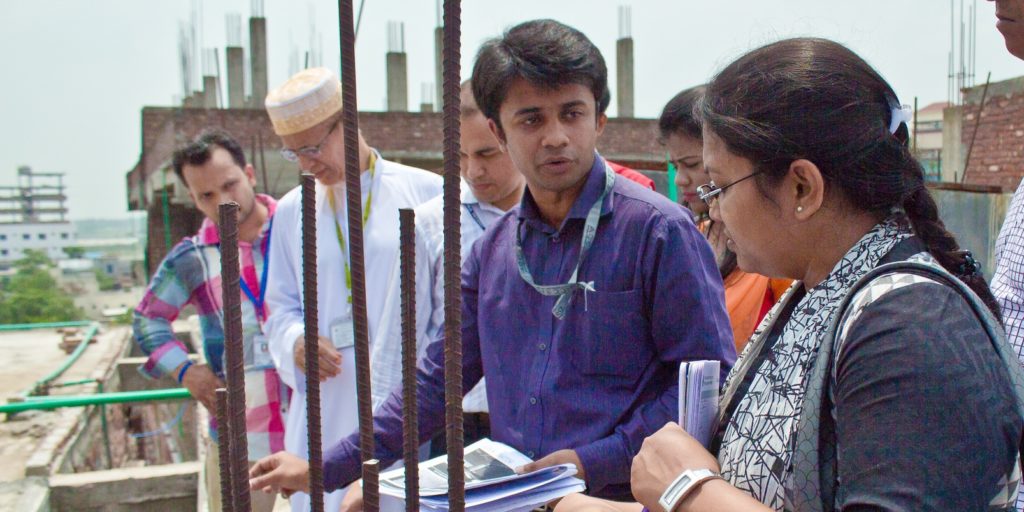
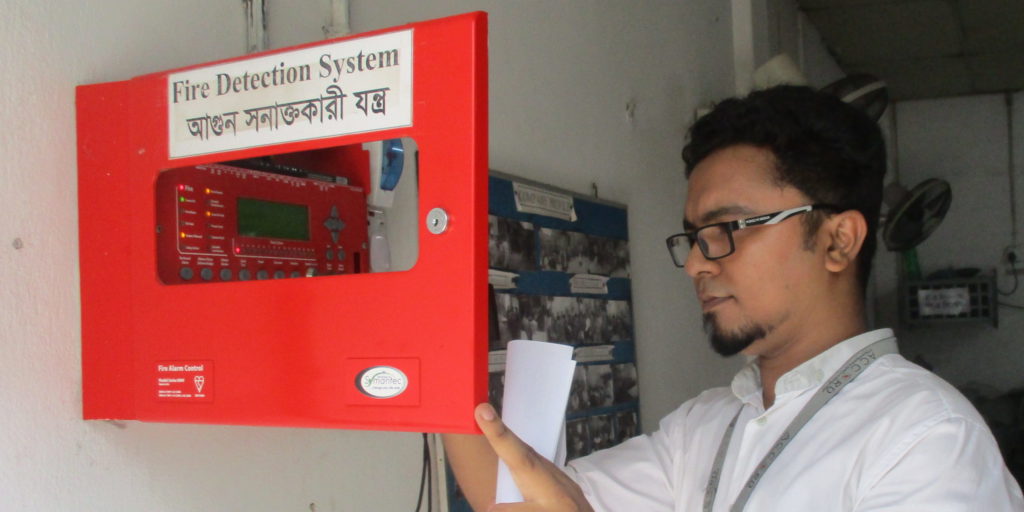
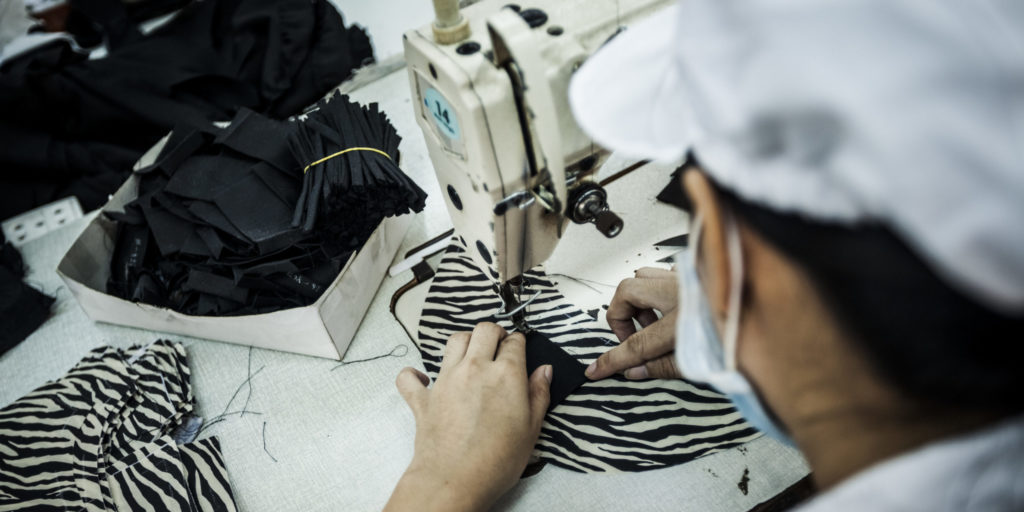
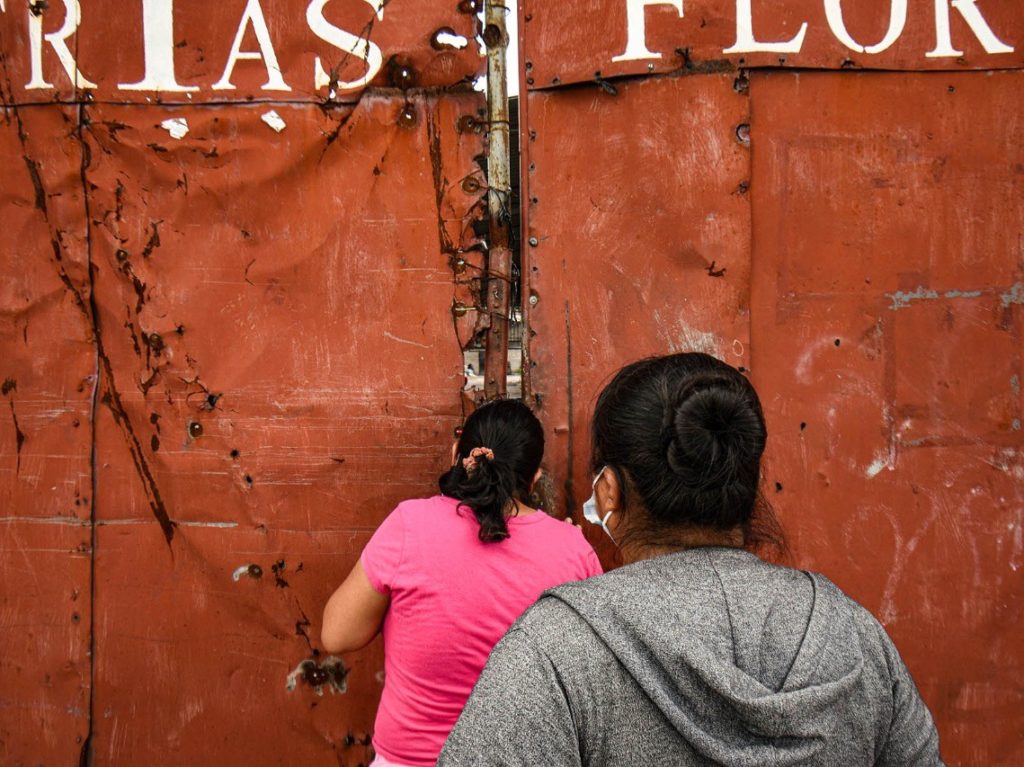
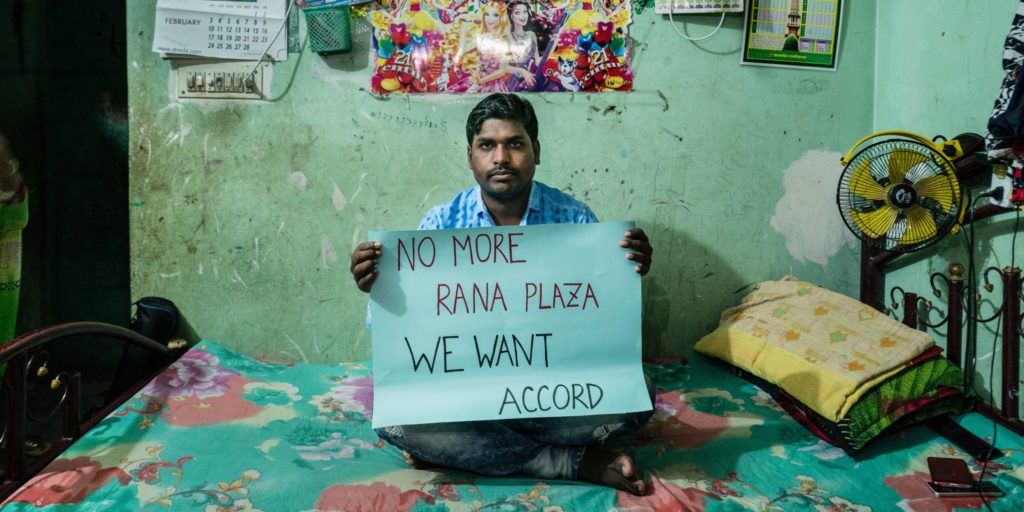
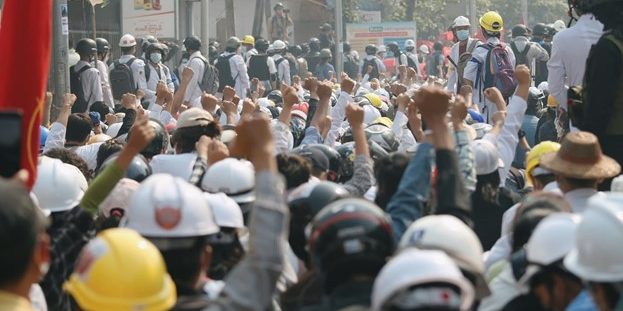
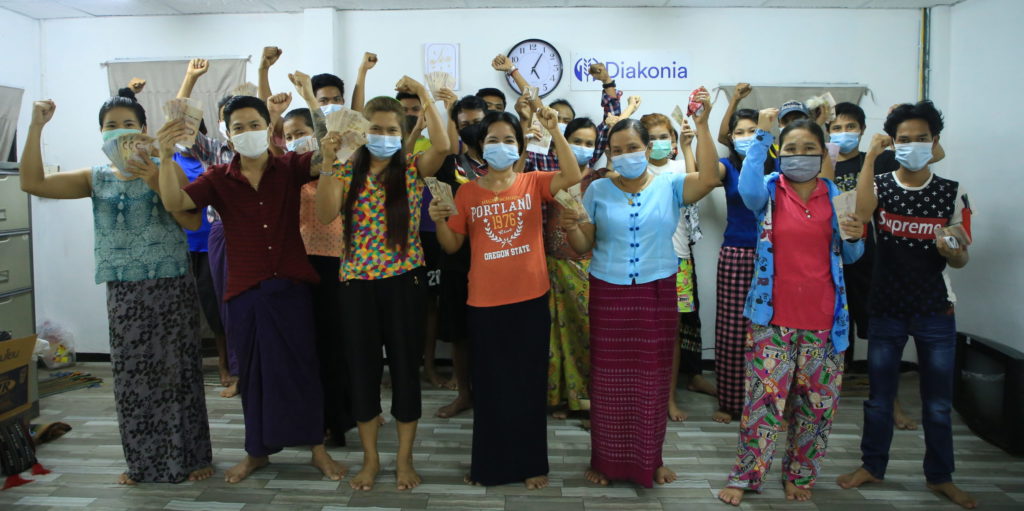
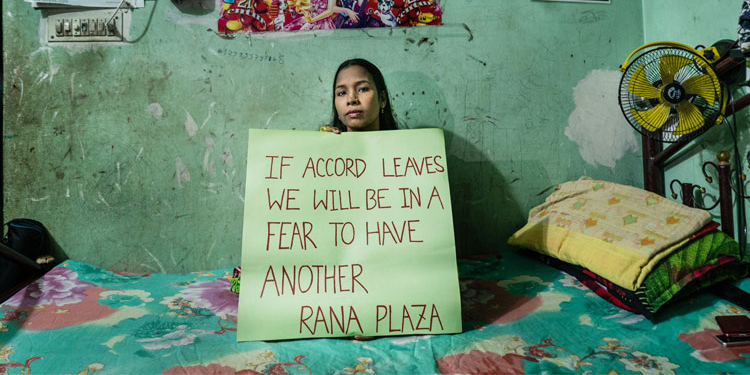
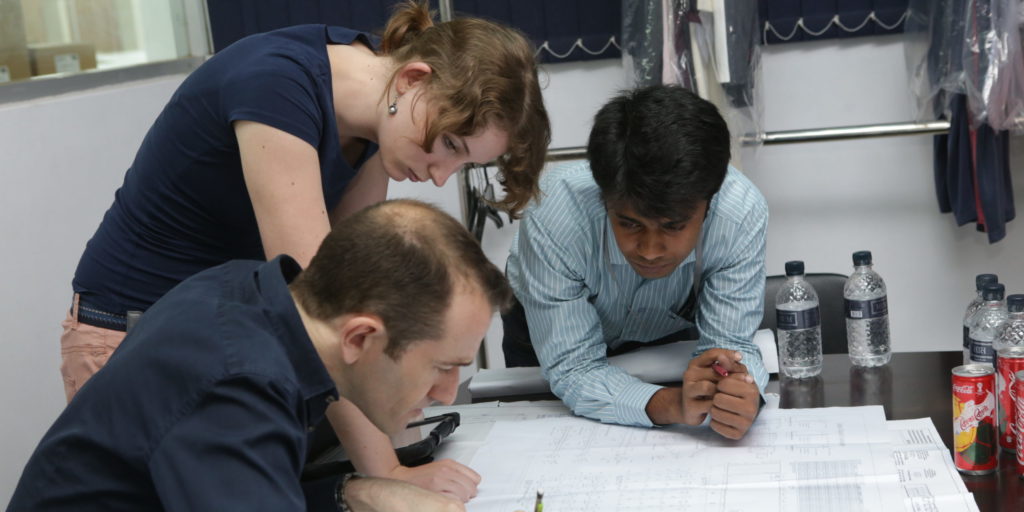
Bangladeshi and Sri Lankan Unions Call for Health and Safety Protections for Garment Workers
The Covid 19 pandemic has posed new health and safety risks for garment workers in factories around the world. In addition to the dangers workers already faced from excessive temperatures, unsafe machinery, and factory fires, workers now must also now contend with the spread of a potentially deadly respiratory virus in factories where, too often,…